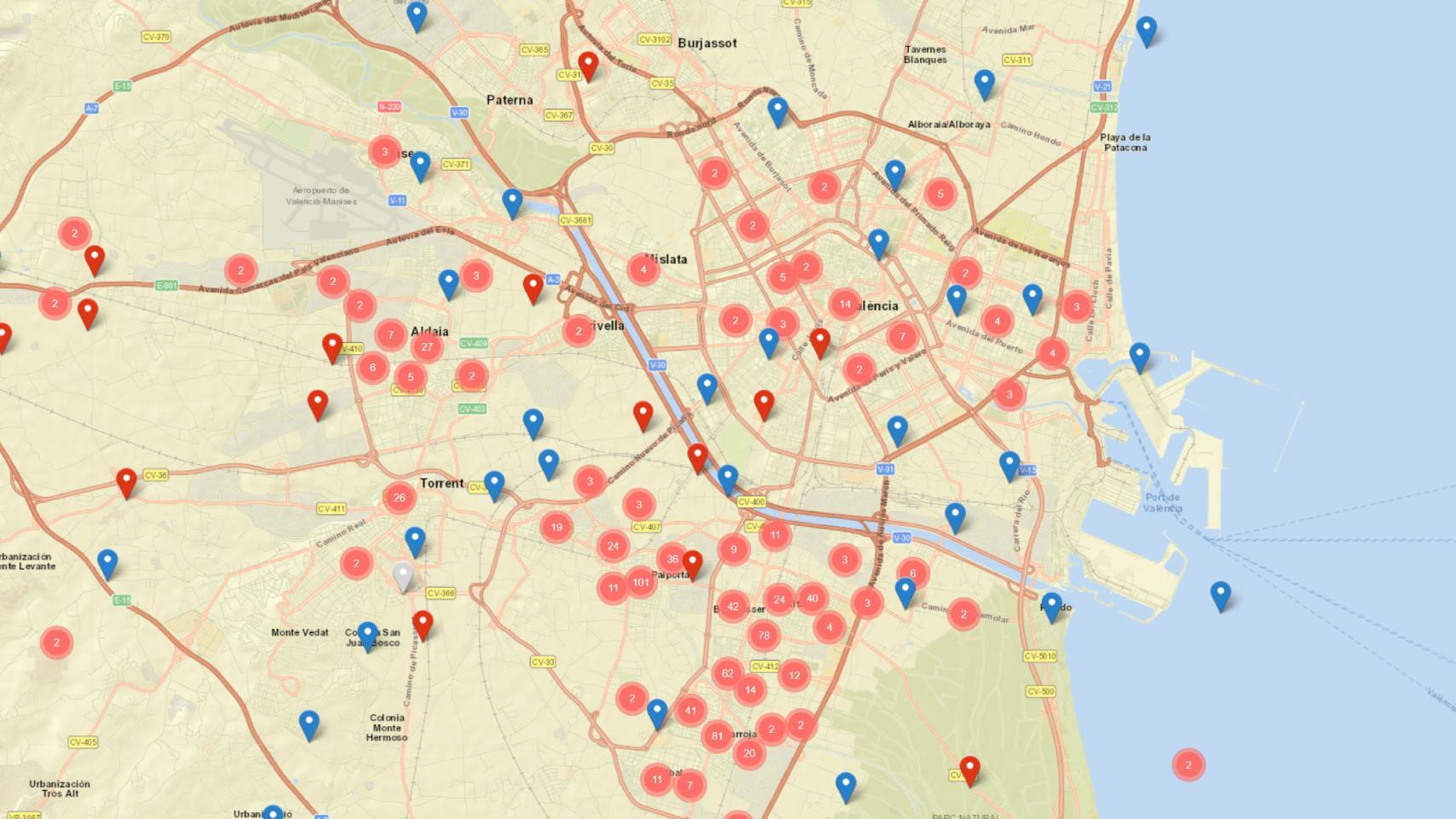We live in a time where every app or service is powered by either ads or subscription. So much so that even Windows itself, which has always been sold as a single license, is considering moving to the Microsoft 365 cloud.
With this panorama, why Apple does not sell macOS? It’s part of a decision the company made many years ago that over time has ended up being one of the most successful from a marketing perspective.
If you put something for free, you also get a profit

I still remember when Apple sold each new version of its operating system: the price was 129 dollars, the macOS boxes being physically distributed in stores. Each new release was celebrated in stores, with lines of people wanting to upgrade their Macs.
But over time, Apple lowered the price of these updates to end up leaving them free. The same thing happened with iWork: it became free compared to its rival Office which continues to cost money either with a permanent license or with a subscription. Around the same time, Apple stopped distributing its systems on physical media and began offering them via download.
If you make it free, users update mindlessly, and that’s crucial to tempt developers.
What Apple achieves with this is something significant: that users do not think twice when updating. If you don’t put economic brake on them when you want to, you ensure that a good part of your user community always has the most recent version of your systems.
This is an advantage when promoting your ecosystem: if you show how your users are always looking to be updated, it means that they will always be able to use the latest news that you present. And that motivates developers to prepare and work to be compatible with these new features. If macOS Sonoma cost money when released in stable form, there would be a lot of people sticking with macOS Ventura just because they didn’t want to pay.
Plus, you kill two birds with one stone: Apple can use it for customers who complain about the price of Macs. Yes, they can be expensive, but at least you know upgrading them won’t cost you a penny. The only logical exception is professional apps like Final Cut Pro and Logic Pro, which are sold in the Mac App Store. The professional has a cost.
In Applesphere | Apple surprises by releasing the definitive gaming resource on Mac: Diablo IV and CyberPunk 2077 in Ultra quality as if they were native
In Applesphere | “Launch Diablo IV for Mac”: Whoopi Goldberg just became our gaming ambassador, and we’re loving it









